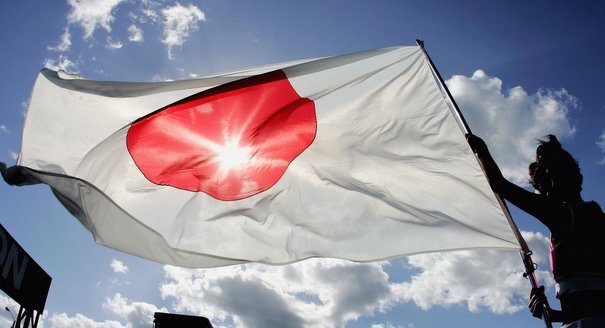Registration
You will receive an email confirming your registration.
The Carnegie Endowment for International Peace, in cooperation with Japan-America Society of Washington, DC, the Sasakawa Peace Foundation USA, and The Japan Foundation Center for Global Partnership presented a one-day symposium examining the big foreign and domestic policy challenges facing Japan in 2014. Top experts from think tanks, academia, government, and the nonprofit sector considered a broad range of issues from trade negotiations to regional diplomatic tensions, and from tax hikes to economic reform. Carnegie’s James L. Schoff moderated the opening panel on international prospects.
Japan in 2014: Welcome and Keynote
Sheila A. Smith introduced important developments of the Japanese politics and economy in 2013, and then explained how these developments will influence the political agenda of 2014.
After an introduction to the conference, Sheila A. Smith, senior fellow for Japan Studies at the Council of Foreign Relations, gave an address titled “Japan, Asia, and the World in 2014”. She introduced important developments of the Japanese politics and economy in 2013, and then explained how these developments will influence the political agenda of 2014.
Japan, Asia, and the U.S.-Japan Relationship in 2014
Panelists discussed the possibilities and challenges of the relations between United States, Japan, and other Asian countries, particularly in regional politics and security.
Panelists discussed the possibilities and challenges of the relations between United States, Japan, and other Asian countries, particularly in regional politics and security. The discussion was moderated by Carnegie’s James L. Schoff and panelists included Chris Johnstone, director for Northeast Asia at the office of the Secretary of Defense, Dr. Satoru Mori of Hosei University and George Washington University, and Andrew Oros of Washington College and the East-West Center in Washington.
The U.S. Government Agenda for 2014
James P. Zumwalt spoke about the efforts at cooperation being made by the United States and Japan and identified places with potential for stronger cooperation.
Following the luncheon, James P. Zumwalt, deputy assistant Secretary of State for East Asian and Pacific Affairs, gave a speech on the U.S. government agenda for 2014. He spoke about the efforts at cooperation being made by the United States and Japan and identified places with potential for stronger cooperation.
James P. Zumwalt
Domestic Political, Economic, and Social Developments: A Look Ahead
The second panel discussed issues ranging from domestic politics in Japan to women in Japan to “Abenomics,” the economic policy taken by the Abe government.
The second panel discussion focused on critical Japanese domestic issues. The discussion ranged from domestic politics in Japan to women in Japan to “Abenomics,” the economic policy taken by the Abe government. This panel discussion was moderated by Ambassador Rust Deming of the Japan-America Society. Panelists included Tobias Harris of Teneo Intelligence, Sumiko Mori of the Fuji Television Network, Inc., and Dr. Mireya Solis of the Brookings Institution and American University.
